By Kris Cameron, ESRAG Plant-Rich Diet Task Force Did you know: nearly 75% of global freshwater resources are now devoted to crop or livestock production. The largest user of water in the U.S. is the cattle feed industry. Here is how our diet feeds pollution. Run-off...
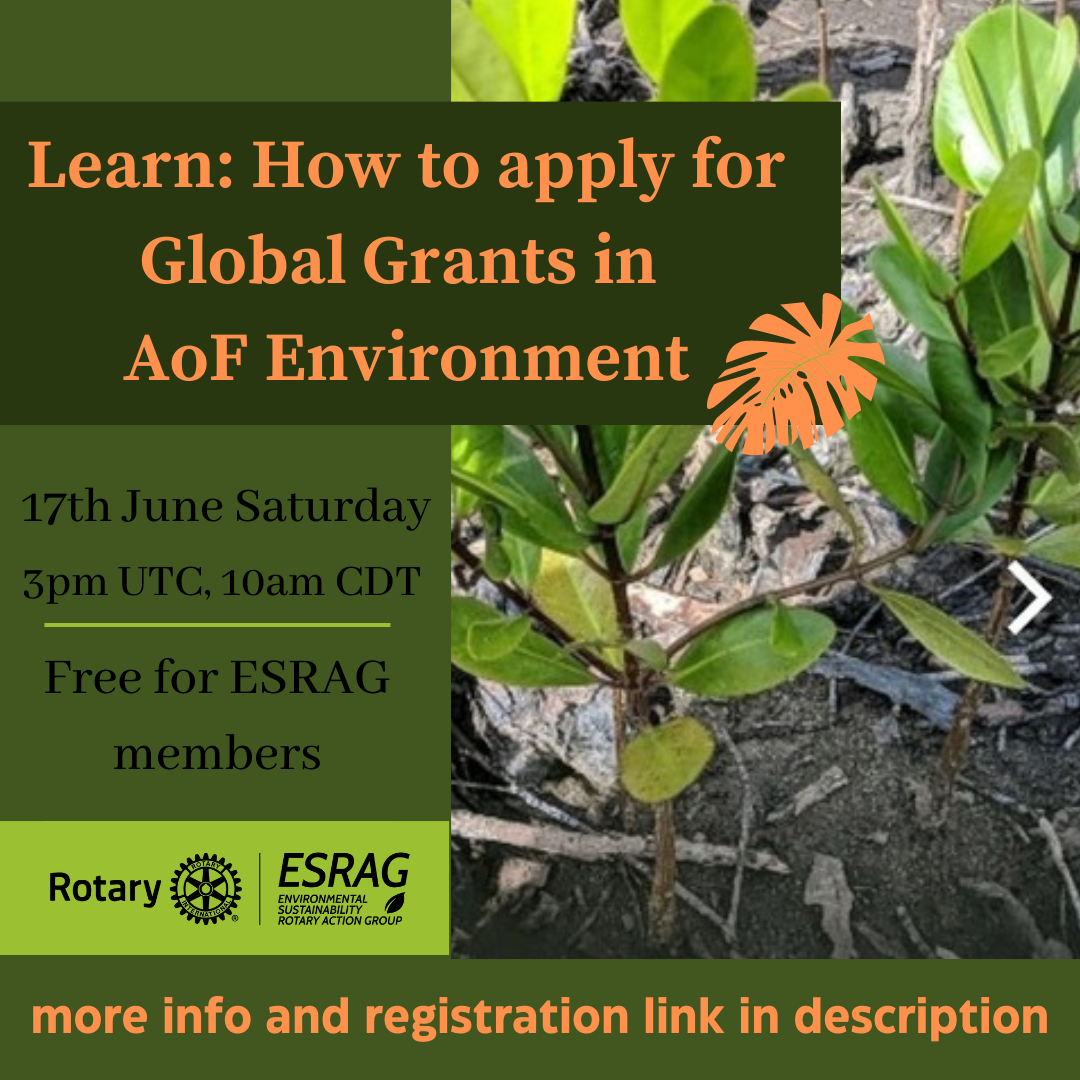 by Dr. Mina Venkataraman, ESRAG Director and Projects Division Chair ESRAG’s Projects Division is offering this introductory webinar to help your club develop a Global Grant project under The Rotary Foundation’s Environment Area of Focus. Saturday 17 June, 3 pm UTC,...
by Dr. Mina Venkataraman, ESRAG Director and Projects Division Chair ESRAG’s Projects Division is offering this introductory webinar to help your club develop a Global Grant project under The Rotary Foundation’s Environment Area of Focus. Saturday 17 June, 3 pm UTC,...
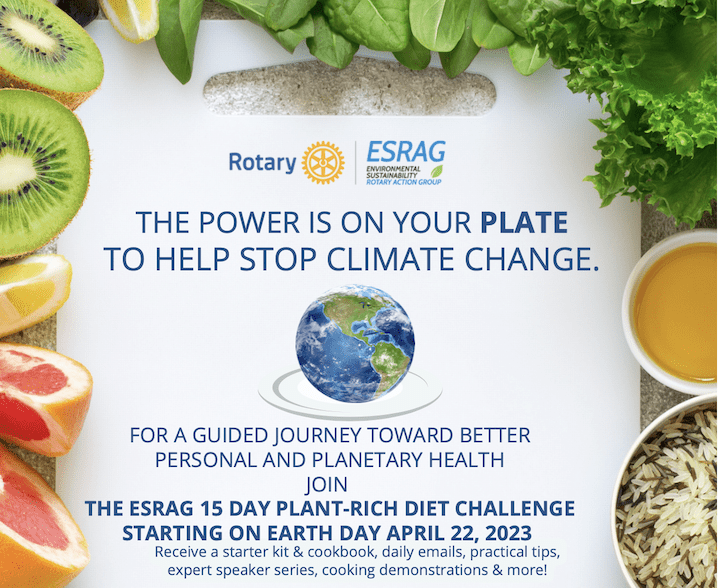 Our planet’s capacity to sustain human life is in dire danger. That’s a fact, and so is this: every Rotarian has the power to increase humanity’s ability to survive. Actions you take – from your kitchen to international summits – can help humankind return to...
Our planet’s capacity to sustain human life is in dire danger. That’s a fact, and so is this: every Rotarian has the power to increase humanity’s ability to survive. Actions you take – from your kitchen to international summits – can help humankind return to...
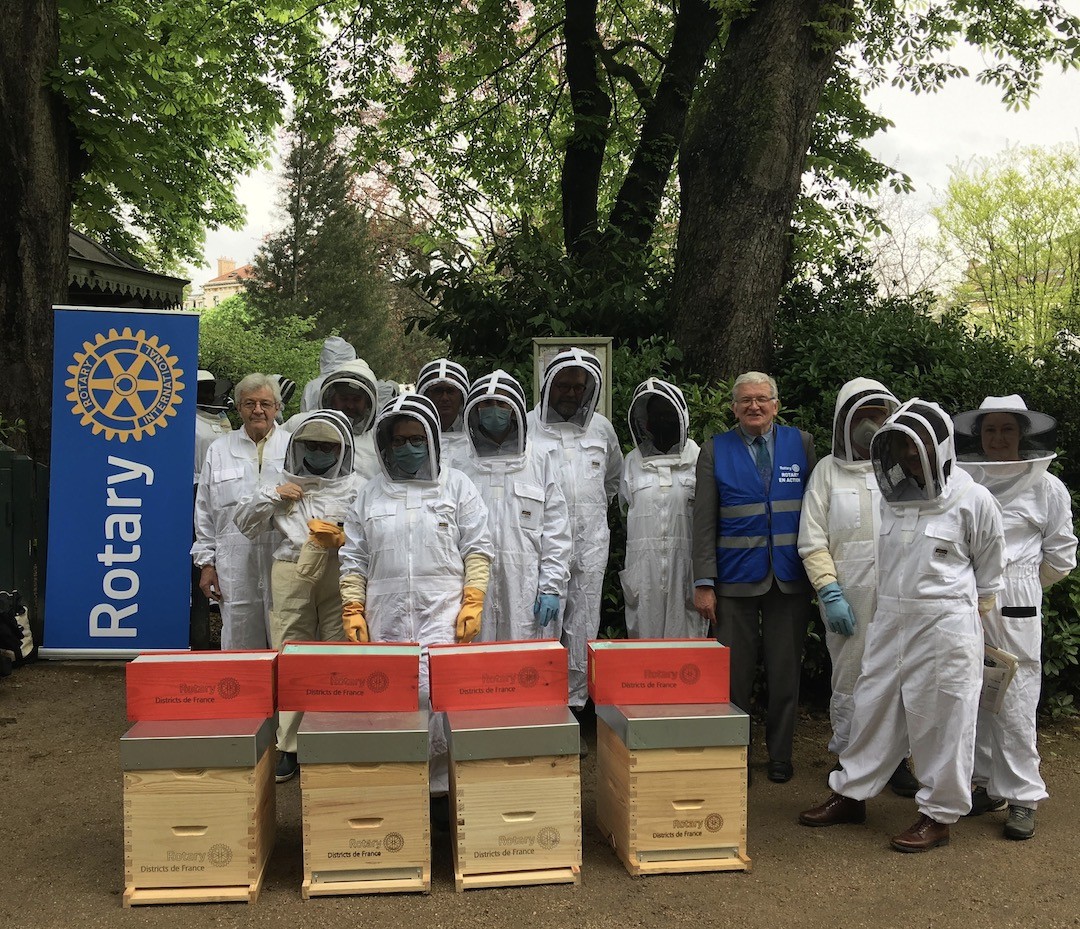 By Ariel Miller, ESRAG Newsletter Editor “Alone in our district we can’t do much. Together, we were able to do something wonderful!” In 2021-22, all 18 French District Governors teamed up to rebuild pollinator populations across France, Luxembourg, Andorra, Monaco,...
By Ariel Miller, ESRAG Newsletter Editor “Alone in our district we can’t do much. Together, we were able to do something wonderful!” In 2021-22, all 18 French District Governors teamed up to rebuild pollinator populations across France, Luxembourg, Andorra, Monaco,...
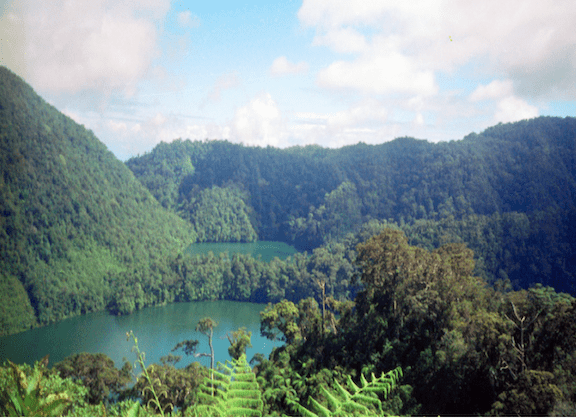 Here’s the good news: forests managed by Indigenous people in the Amazon region served as life-saving carbon sinks from 2001-21, removing the equivalent of the UK’s annual fossil fuel emissions each year, according to a new study by the World Resources Institute....
Here’s the good news: forests managed by Indigenous people in the Amazon region served as life-saving carbon sinks from 2001-21, removing the equivalent of the UK’s annual fossil fuel emissions each year, according to a new study by the World Resources Institute....
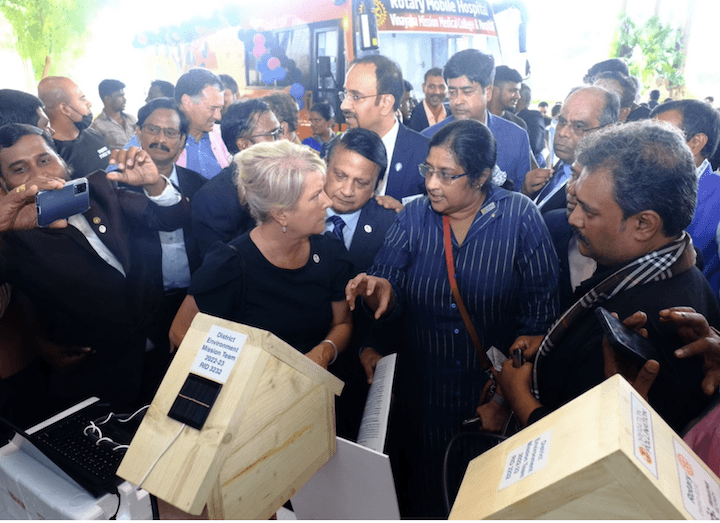 By Dr. Mina Venkatamaran ESRAG South Asia has started collaborating with the environmental NGO ATREE (atree.org) on their citizen science program to increase the numbers of urban pollinators by establishing bee hotels. To our delight, this brought our pollinator...
By Dr. Mina Venkatamaran ESRAG South Asia has started collaborating with the environmental NGO ATREE (atree.org) on their citizen science program to increase the numbers of urban pollinators by establishing bee hotels. To our delight, this brought our pollinator...




